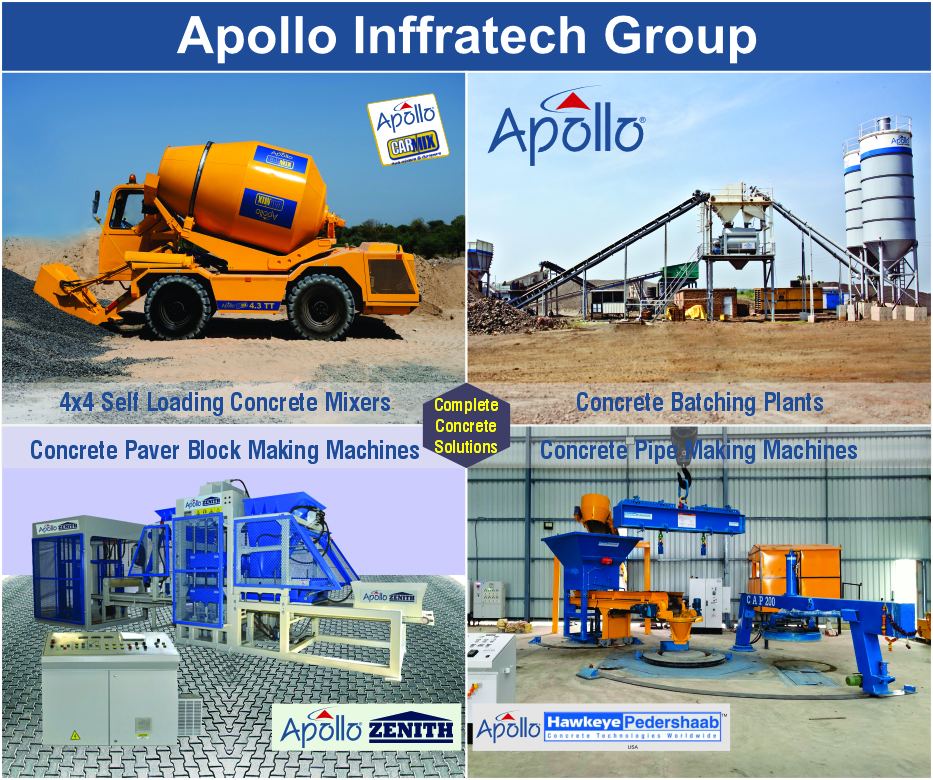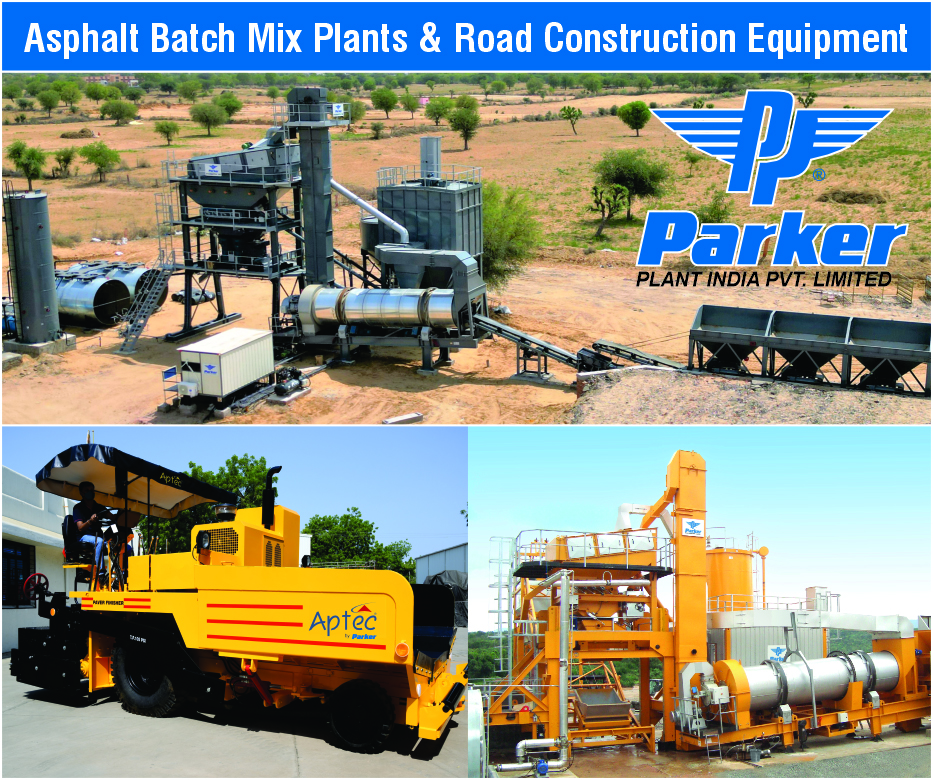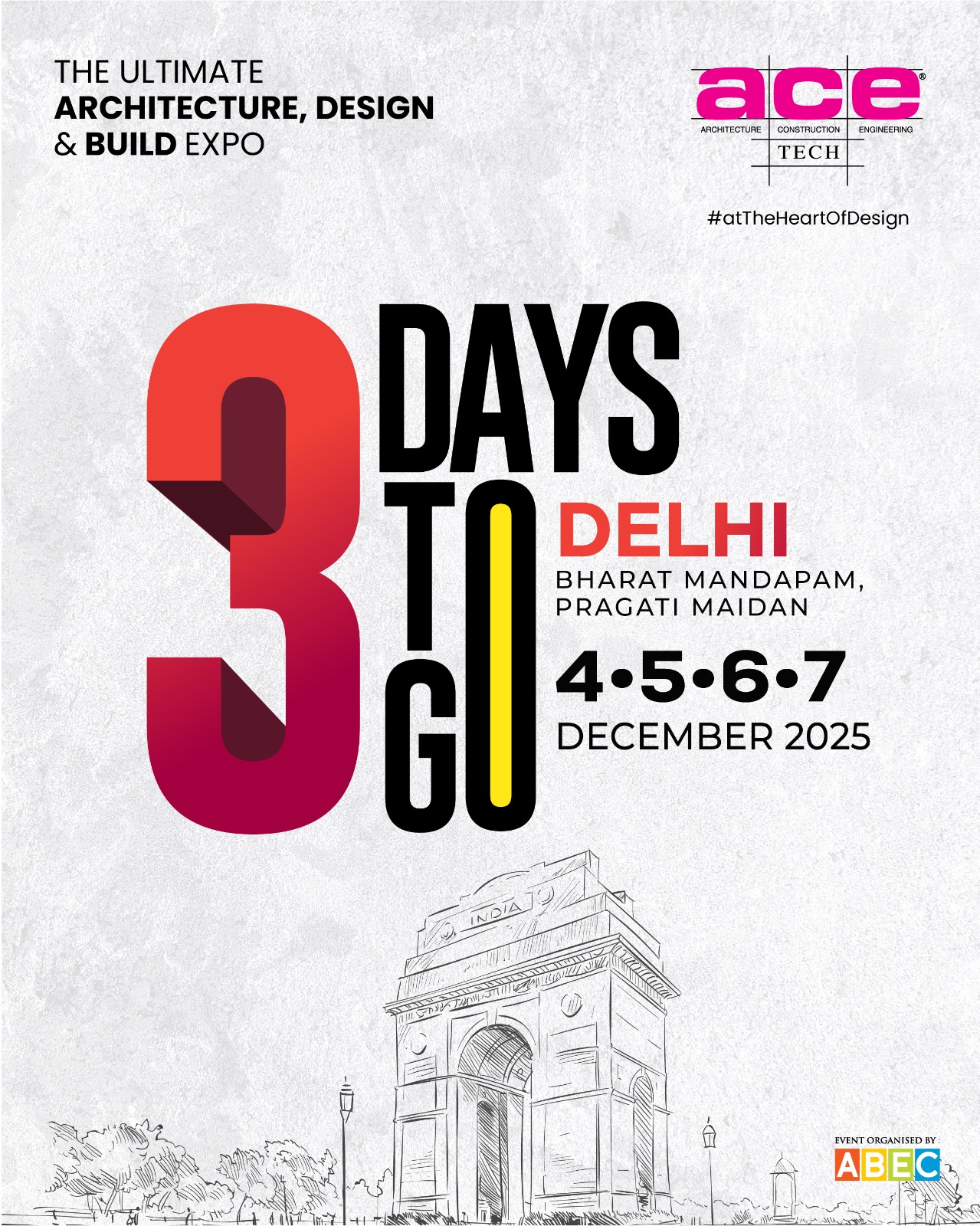In April 2025, California introduced an AI-powered “e-check” system in Los Angeles to speed up building permit approvals and help communities rebuild more rapidly after wildfires. Developed by Archistar and offered free to city and county governments through a partnership of state agencies and philanthropic organizations, the tool applies computer vision, machine learning and automated rule-sets to instantly compare submitted architectural plans against local zoning and building codes. Applicants can pre-validate their designs before formal submission, reducing back-and-forth revisions and shrinking review times from weeks or months to mere hours or days.
Beyond Los Angeles, municipalities such as Vancouver, Austin and Seattle have tested similar AI-driven permit platforms and reported significant gains in both processing speed and consistency. Nevertheless, experts note that broader adoption depends on overcoming challenges like data silos and differing code interpretations across jurisdictions, which can stall integration. Importantly, the technology is intended to assist human plan checkers—not replace them—preserving essential professional judgment and accountability.
Looking ahead, advocates aim to extend AI-enabled permitting into other public-sector domains, from environmental assessments to infrastructure planning. As local governments strive to cut bureaucratic delays, increase transparency and support faster development cycles, the e-check initiative may serve as a model for embedding AI into complex regulatory workflows nationwide.









